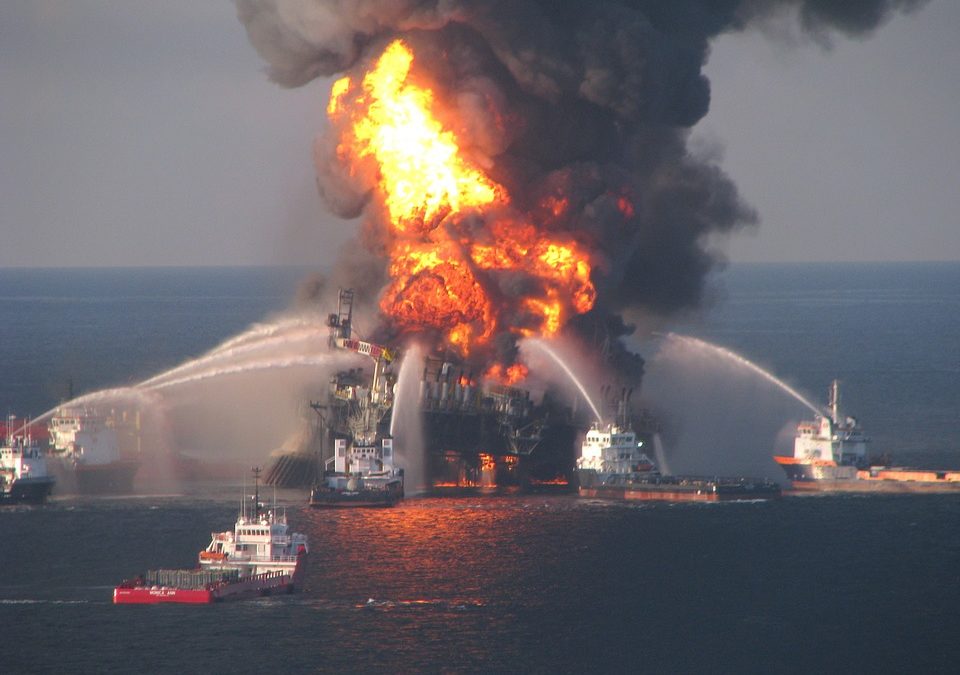On a boat, one of the many serious emergencies that may occur is a fire on board. Actually, fires on board are not that uncommon and every boater needs to be prepared to take immediate action to save the ship and the lives of persons on board.
Florida boaters have the luxury of being able to travel offshore year-round in recreational vessels. Whether it is a day of fishing or an excursion to the Bahamas, many boaters are often more than 50 miles offshore, far out of reach of immediate rescue. If the captain and crew are going to survive a fire at sea, it is imperative to put the fire out before it gets out of control.
The most common tool for fire suppression is the simple fire extinguisher.
Approved extinguishers are classified by a letter and number symbol. The letter indicates the type of fire that the unit is designed to extinguish. Type B for example, perhaps the type most commonly used on boats, is designed to put out fires involving flammable liquids such as gasoline, oil and grease. The number indicates the size of the extinguisher.
It is necessary to check the United States Coast Guard rules and regulations to determine the size, number and type of extinguishers required to be in readily accessible locations, and then after determining the minimum number of extinguishers needed, purchase twice that many. There is no such thing as too many fire extinguishers on board when a fire is raging. Be sure to carefully read the instructions on how to use the type of extinguisher that you purchase.
Multiple life-saving protocols need to be implemented immediately upon the discovery of a fire.
At least one crewman needs to be dispatched with firefighting equipment/fire extinguishers to suppress the blaze. At the same time another crewman should make sure that a sufficient number of life jackets are available for all souls on board in the event that it is necessary to abandon ship. If the vessel carries a life raft it should be ready for deployment along with the medical kit and survival rations including drinking water. Additionally, it is appropriate to issue a Pan Pan Pan or Mayday on VHF channel 16 to alert the United States Coast Guard and nearby vessels as to your position and situation. Finally, be ready to activate your Emergency Position Indicating Radio Beacon (EPIRB) if necessary. If you do not have an EPIRB, by all means purchase one.
Hopefully you will never encounter a fire on board at sea, but if you do, be prepared to survive it.
The hiring of a lawyer is an important decision that should not be based solely upon advertisements. This website is designed for general information only. The information presented at this site should not be construed to be formal legal advice nor the formation of a lawyer/client relationship. Please do not send any confidential information to us until such time as an lawyer/client relationship has been established. The Law Office of Clinton W. Lanier, Esq., represents individuals and businesses throughout Florida.

